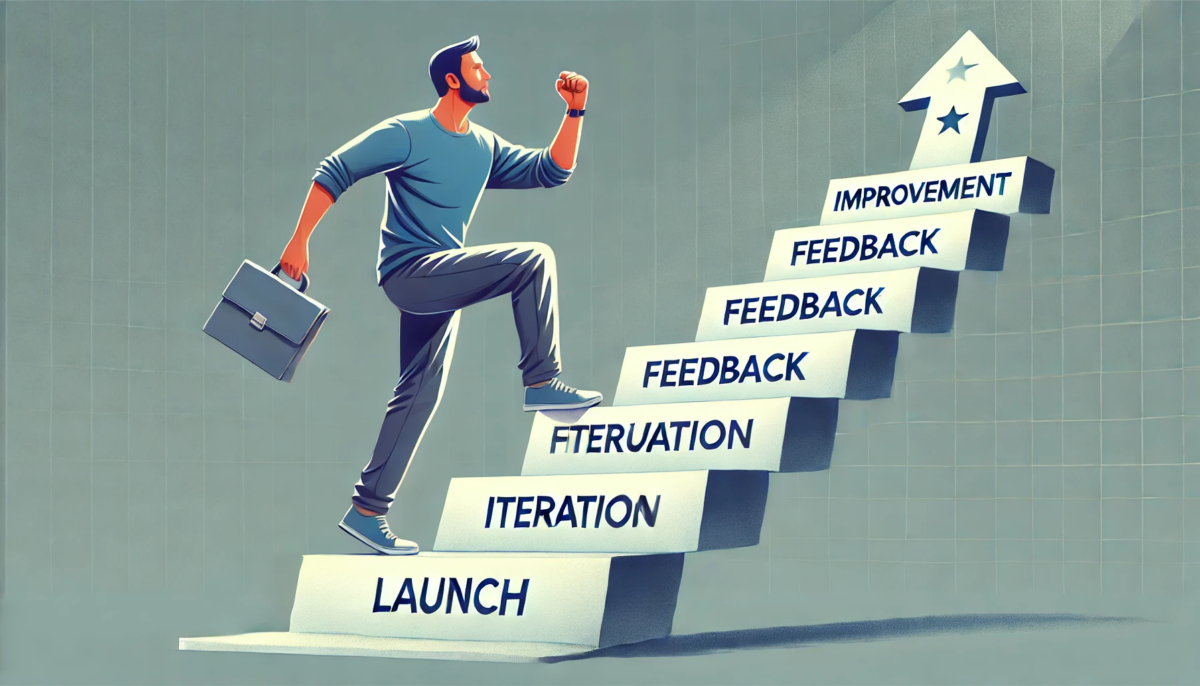In a world where attention spans are shorter than a TikTok video, a website’s performance is paramount. While it might be tempting to invest heavily in visually stunning designs, many businesses overlook one critical detail: ensuring their digital storefront is engineered to run smoothly and optimized for search engines. After all, a shiny website with sluggish performance is like a sports car with a lawnmower engine—it might look fast, but it sure isn’t winning any races.
Let’s dive into why website performance matters and why it’s crucial to focus on engineering more than design.
1. User Experience: Because Nobody Likes Watching the Loading Wheel Spin
Ever visited a gorgeous-looking website, only to feel like you’re watching paint dry while waiting for it to load? That’s the risk of prioritizing aesthetic design over engineering excellence. A slow-loading website leaves visitors frustrated and quick to abandon ship. In fact, most users will leave if a site takes longer than three seconds to load.
Fast websites ensure visitors stick around, browse, and engage with your content without feeling the need to microwave another bag of popcorn.
2. SEO: Search Engines Don’t Wait Around
Google doesn’t have time to wait, and neither do your visitors. Search engines prioritize fast websites in their ranking algorithms, meaning a slow site could find itself relegated to search engine purgatory (otherwise known as page two and beyond).
Beyond speed, on-page SEO elements like proper heading structures, keyword-rich meta descriptions, and mobile optimization are essential to ranking. But poorly designed sites often neglect these, creating a structure that search engines struggle to index and users find frustrating to navigate. Mobile-first indexing also demands a site optimized for mobile devices, so technical prowess is non-negotiable if you want to be found.
3. Business Growth: Fast Sites, Faster Sales
In e-commerce, every second counts. Studies show that a one-second delay can lead to a measurable drop in conversion rates. A website engineered for speed and responsiveness can guide potential customers through the sales funnel efficiently, ensuring they can browse, buy, and leave with a smile.
4. Reputation: Slow Sites Hurt Business Credibility
A beautifully designed website that crawls like a turtle won’t win you any medals for user experience. First impressions matter, and a slow website can tarnish your reputation. Customers often equate website performance with the quality of your service, so a poorly optimized site could cast your business in a less favorable light.
5. Digital Strategy: Focus on User Journey and Engagement
A fast, optimized website provides a seamless user journey, allowing visitors to easily navigate pages and access the information they need. When users can interact with content smoothly, it encourages longer browsing times, deeper exploration, and more significant engagement. This translates into increased page views, lower bounce rates, and a more comprehensive understanding of user behavior through analytics.
By analyzing these engagement metrics, businesses can refine their digital strategies, optimize page layouts, and improve overall user satisfaction. Ensuring visitors find what they’re looking for and have an effortless journey is key to building loyalty and driving conversions.
6. Integration: Marketing Needs a Strong Foundation
A well-optimized website enhances digital marketing campaigns, turning costly clicks into actual conversions. Imagine driving tons of traffic to a landing page only to have it load slower than a snail on vacation. Technical optimization ensures your marketing efforts don’t go to waste.
Engineering Over Design: Choose the Right Team for Success
While a beautiful design is undoubtedly important, it should be grounded in solid engineering and technical performance. Instead of hiring a design agency that focuses primarily on aesthetic appeal, seek out a web team that delivers the technical chops necessary for a fast, reliable, and seamless experience supporting your business goals.
Here’s how to choose the right web team:
- Look for Technical Expertise
Ensure the team has skilled developers who understand responsive design, performance optimization, and SEO. They should be well-versed in web frameworks, content management systems, and mobile-first development. - Ask About Performance Metrics
A strong web team will have experience improving page load times, optimizing images, and implementing efficient code. Ask for examples of how they’ve enhanced website performance for past clients. - Evaluate SEO Understanding
The team should prioritize on-page SEO best practices, like proper heading hierarchy, keyword-optimized meta tags, and mobile-friendly layouts. This will ensure your website ranks better and provides a great user experience. - Inquire About Analytics and User Behavior
Data-driven decisions are essential. Choose a team that knows how to analyze user behavior metrics, implement A/B testing, and refine website elements based on data to improve engagement and conversion rates. - Check for Strategic Collaboration
The right web team will work collaboratively with you to understand your business goals and ensure your website aligns with your broader digital strategy. They should offer valuable insights and recommendations on improving site engagement. - Ask About Integration with Third-Party Tools
Your website needs to be more than a stand-alone entity. Look for a team capable of integrating with critical third-party tools like CRM systems, marketing automation software, and data analytics platforms. This integration ensures seamless data flow, streamlining lead management, customer interactions, and marketing campaigns for better business insights.
By selecting a team with both the design and engineering know-how, your website will not only look great but also deliver a fast, high-converting experience that resonates with your audience.
Because a Ferrari needs more than just a good coat of paint—it needs an engine that can take it places.



